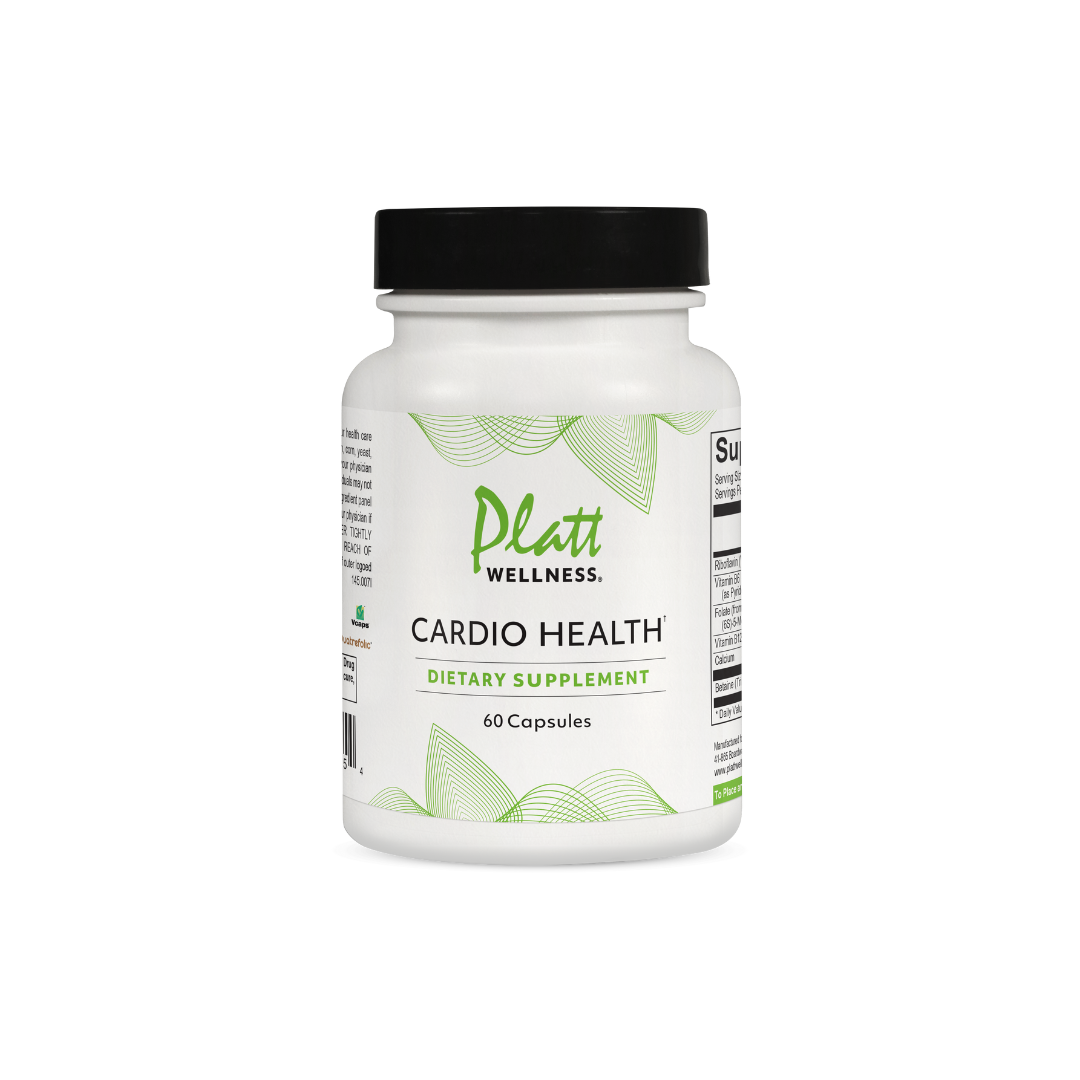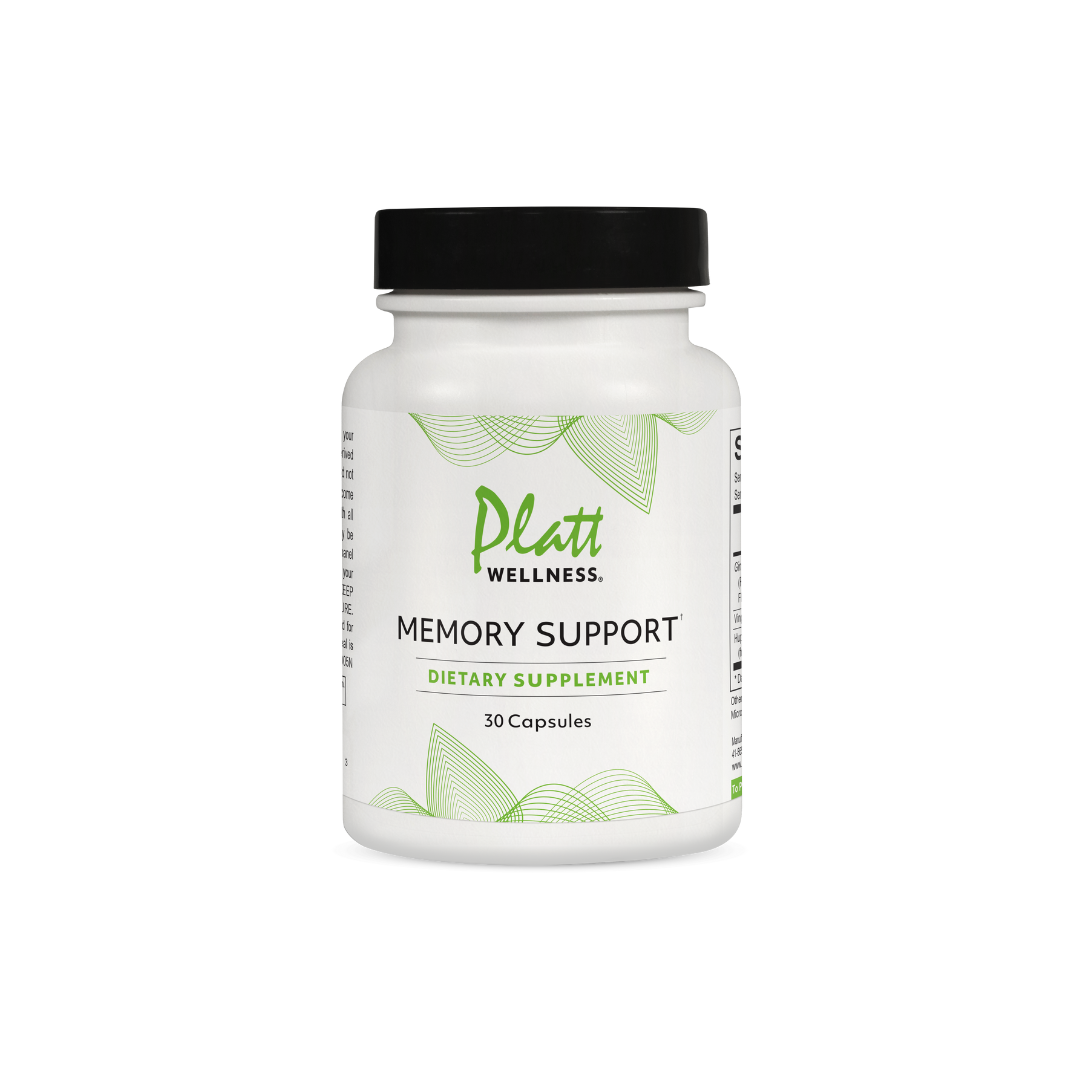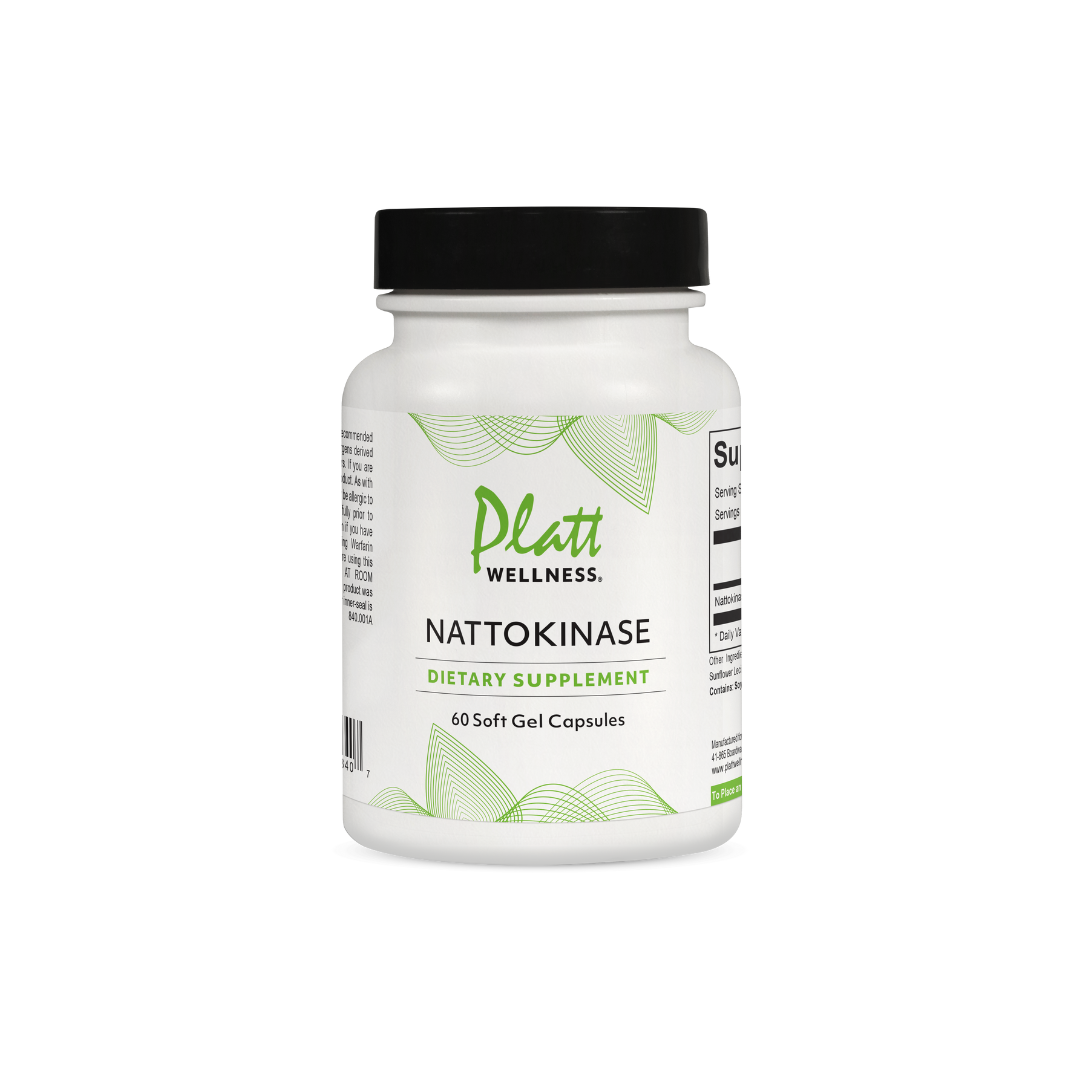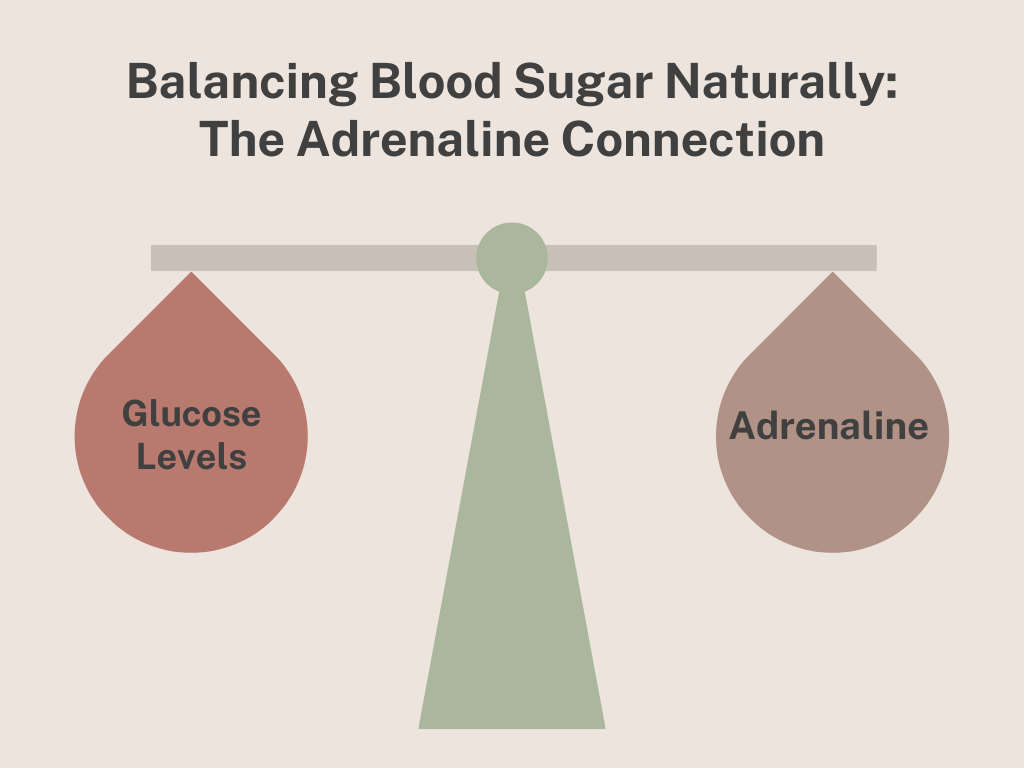We want to take this opportunity to highlight the connection between aging, diabetes and your brain and how to help prevent congnitive decline.
More than 34 million people in the U.S. have diabetes, and more than 88 million adults in the U.S. — over one-third — have prediabetes, according to the Centers for Disease Control and Prevention.
Aging comes with common physical changes during menopause and andropause, including the increased risk of developing insulin resistance and decreased insulin sensitivity.
Menopause and andropause (also known as male menopause) are natural processes associated with aging that involve hormonal changes. These hormonal changes can affect glucose metabolism in both men and women, albeit in slightly different ways:
Menopause in Women:
Estrogen Decline: During menopause, there is a significant decline in estrogen levels. Estrogen plays a role in insulin sensitivity and glucose metabolism. As estrogen levels decrease, insulin sensitivity may diminish, leading to higher blood sugar levels. This can contribute to an increased risk of insulin resistance, prediabetes, and type 2 diabetes in some women.
Redistribution of Fat: Women going through menopause often experience changes in body composition, including a redistribution of fat from the hips and thighs to the abdomen. Abdominal fat, especially visceral fat, is associated with insulin resistance and a higher risk of metabolic disorders.
Andropause in Men:
Testosterone Decline: Andropause is characterized by a gradual decline in testosterone levels in men as they age. Testosterone plays a role in regulating insulin sensitivity and glucose metabolism. Low testosterone levels can lead to insulin resistance and impaired glucose tolerance, increasing the risk of type 2 diabetes.
Changes in Body Composition: Similar to women, men experiencing andropause may also undergo changes in body composition, including increased abdominal fat deposition. This abdominal obesity is associated with insulin resistance and metabolic dysfunction.
Both menopause and andropause can also bring about other metabolic changes, such as alterations in lipid metabolism and increased inflammation, which can further impact glucose regulation.
In other words — as you approach 40 years old, even if you feel you are doing all the “right” healthy things, your hormones along with diet affect your metabolism and glucose levels.
By focusing on reversing insulin resistance and balancing your hormones and glucose levels, you can buffer and potentially prevent the risks of cognitive decline among other things.
Congnitive Health:
In regard to your brain, I want to bring your attention to Cognitive health, insulin resistance, and blood glucose.
Your brain health is affected by many age-related changes — including reduced blood sugar regulation and decreased insulin sensitivity. In turn, this can lead to slowed brain function. This study shows that acute hyperglycemia is not a benign event for many individuals with diabetes, but it is associated with mild cognitive dysfunction..
When your blood sugar levels are high, your pancreas releases large amounts of insulin, which can cause your brain chemicals to become unbalanced and trigger cognitive decline.
Hormones affect how cells respond to insulin. After menopause, hormonal changes can trigger blood sugar level fluctuations. If left uncontrolled, high blood sugar levels can increase your risk of diabetes.
In summary, if left uncontrolled, high blood sugar levels can increase your risk of diabetes and slow brain function, which can lead to premature decline over time.
But the good news is you can supplement the brain by providing it the fuel it needs. How do we feed the brain?
First let’s look at a recent Mayo Clinic study that shows that Type III diabetes occurs when neurons in the brain become unable to respond to insulin, which is essential for basic tasks, including memory and learning. Some researchers believe that this inability of insulin to function is central to the cognitive decline of Alzheimer's disease. All this fits in as stated above.
How do we bio-hack this apparent process of aging and cognitive decline?
Let’s first discuss brain functionality and why adrenaline surges when the brain requests fuel (glucose) for the brain.
You see, most people with excess adrenaline complain of having difficulty focusing their attention (i.e. ADHD). This is caused by excess adrenaline in the brain speeding up thought processes allowing someone to be readily distracted. When the brain is working faster, some of the nutrients it needs to function may get depleted—just as increased muscle function, caused by adrenaline, will consume various nutrients utilized by the muscles.
Anyone with an active brain usually is creative, has ADHD or ADD and reports they can’t “turn-off” their thoughts, have trouble sleeping, concentrating and experience anxiety, or are quick to anger.
In addition, adrenaline as a neurotransmitter in the brain interacts with other neurotransmitters. When adrenaline levels are elevated, the other neurotransmitters are affected too, influencing how we think and feel.
People who have had a lifetime of excess adrenaline may sustain damage to certain brain cells. In this regard, excess adrenaline can produce stress, which can lead to an increase in the production of cortisol. Prolonged stress associated with this increase in cortisol leads to damage of the hippocampus, a part of the brain that has many receptors for cortisol. The hippocampus is involved in cognition, mood, and memory. Over time, the damage can cause memory problems, dementia, and depression.
Fortunately, the body has an amazing capacity to heal itself. In the old days, eating a healthy diet was enough to provide all the necessary elements needed for healthy brain function. Unfortunately, it is a different world today. Because of pollution, depletion of the soil, and the use of chemical fertilizers and now GMO seeds, the nutritional quality of our food is less than it was one hundred years ago. As a result, for optimal health we require the support of nutritional supplements, including for the brain.
How hormones play a role in influencing the brain
All the hormones discussed in this blog—adrenaline, progesterone, cortisol, and insulin—significantly influence brain activity. They have a strong effect on neurotransmitters in the brain, such as serotonin, GABA, dopamine, and acetylcholine. Neurotransmitters act as chemical messengers and are responsible for how neurons (brain cells) communicate with one another. They influence memory, mood, alertness, and thinking. Every single external stimulus perceived through touch, smell, vision, taste, or hearing results in the release of neurotransmitters.
Brain cell function is affected not only by these chemical messengers but also by the membranes surrounding the brain cells. The cell membrane acts as a barrier, or gateway, that prevents certain harmful substances from entering the cell and, at the same time, allows for the absorption of necessary compounds.
As is true everywhere else in the body, the chemical processes involved in brain function tend to run more smoothly when things are in balance. For a thorough explanation of this important subject, I highly recommend the book The UltraMind Solution by Mark Hyman, M.D., published in 2008. Dr. Hyman explains that low levels of dopamine are associated with problems of focusing and decreased energy.
Low dopamine levels have been noted in people with ADHD and agitated depression—an observation that provides a rationale for treating these conditions with drugs like Ritalin, which is similar to adrenaline.
Needless to say, Dr. Platt disagrees with this approach, since, in his view, these people already have too much adrenaline, which may be suppressing their production of dopamine. If this is the case, it would be better to lower the adrenaline level in order to raise the dopamine level and improve the patient’s focus.
Dr. Hyman also points out that some people may be dopamine resistant. This is a problem that can be reversed through nutrition and vitamin supplementation.
Providing metabolic support for the brain involves a combination of correct nutritional supplementation for brain cells and correct amino acid intervention to help balance neurotransmitters. A complete discussion of the nutritional requirements of the brain is beyond the scope of this blog. However, the following sections discuss the key nutrients needed to support brain function and provide some fundamental recommendations to help ensure a healthy brain.
Supplementation and fuel for the brain
Neurons require four essential fats for their cell membranes to function: DHA, EPA, phosphatidylcholine, and phosphatidylserine. “Essential” in this context means that the body cannot manufacture these substances; they must be obtained through diet or supplements. These fats, or fatty acids, are necessary for the formation of acetylcholine, a neurotransmitter that is important for our cognitive (learning) abilities as well as memory. Low levels of DHA and the other essential fatty acids in the brain are associated with a decline in thinking capacity as well as the development of Alzheimer’s disease.
DHA and EPA can be obtained by eating fish or taking fish oil. The other two are best obtained as supplements:
- a) Phosphatidylserine—about 300 mg per day
- b) Phosphatidylcholine—best taken in the form of
L-alpha glycerylphosphorylcholine (alpha-GPC), up to 1200 mg per day in divided doses
Another useful fat for brain cell health is coconut oil. Until recently, sugar, in the form of glucose, was regarded as the only source of fuel for the brain. It is now known that brain cells also use ketone bodies for energy. In fact, D-betahydroxybutyrate (DBH), the primary ketone body that replaces sugar for energy, is called a “brain superfuel.” DBH is actually a better fuel for the brain than sugar. It acts as an antioxidant to reduce free radical damage, and it also increases oxygen levels in brain cells. The best source for DBH is from ketone bodies obtained from the metabolism of medium-chain triglycerides (MCTs) derived from extra virgin coconut oil or MCT oil.
Coconut oil benefits the brain in another way, as well. You might recall a condition that we discussed earlier called Type III diabetes - regarded as a major cause of Alzheimer’s. Indeed, it is not hard to imagine that the inability of insulin to function can damage brain tissue similar to the way the lack of insulin causes neuropathies in the lower extremities. However, most remarkably, DBH has been shown to counteract insulin resistance in the brain.
Coconut oil can be used in various ways in the diet. It can be added to a smoothie, used to cook eggs, or combined with vinegar as a salad dressing. The recommended dose is 1 to 1 1⁄2 tablespoons of coconut oil per day. The dose for treating Alzheimer’s is 3 1⁄2 tablespoons per day.
Dr. Platt’s complete guide for brain supplements can be found in his book “Adrenaline Dominance - A Revolutionary Approach to Wellness.”
#brainawareness #alzheimerawareness









This is a great article and I find the actionable recommendations helpful and encouraging. Thank you.